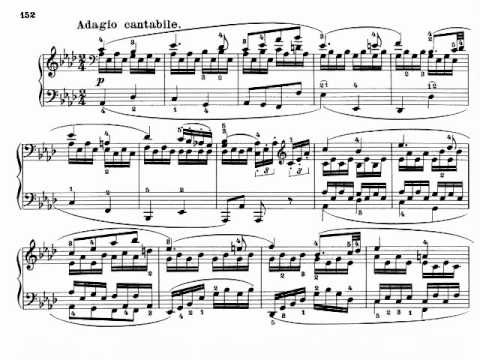On my CD now Rebecca Young is playing her violin in “The Trout’s” finale with exuberance. The hairs are probably flying into the air still attached to her bow but distracting a live audience. I’m thankful for the control a recording provides: the lack of the visual.
I don’t go often to live string group performances for this reason.
The Emerson String Quartet that day was a mistake. I took the chance after Lena died to hear the Schubert Cello Quintet live—two cellos—in C Major.
I gave in to its beauty, to the violist’s and, in the case of the Schubert, the guest cellist’s exuberant bows. I was in the clutches of the music and her hold: Lena whom I’ve lost. I was out of control.
Lena and I met at the Library of Congress.
It was lunch time and I often go walking at that time if the work slacks or even if it doesn’t. When it doesn’t, I don’t tell anyone where I’m going. I simply walk out. I often walk toward the Mall but rarely go in anywhere. I like the destination because its vista is accountable—not office buildings. Its vista gives architectural beauty, history, memory of things learned, in museums, government buildings, the library, monuments and cherry trees around the tidal basin, lovely to me most when not in bloom because I like the angled bark of the trunks, the twisted heavy limbs that remain close to the ground. They seem to reach toward one another as if they were pleached, as if set on frames and made to grow into an arbor.
And that’s how we were, pleached.
Or were we? This is the question I must answer.
On the day Lena and I met, it had begun to rain. I was in front of the library and went in for cover. She was leaving, had a black zippered brief case under her arm and was trying to open her umbrella in the awkward pose of someone doing two things at once. I walked towards her and reached out to hold the door for her when her umbrella popped open and smacked me in the face. She was embarrassed and sorry and we were both then wet.
She was thirty-five when we met. I courted her for three years. On the day I asked her to marry me, I invited her to my apartment in Old Town. I had chosen this small enclave of Virginia because it’s near the city, close enough for me to be able to drive quickly to work or to take the subway when it rained. The drivers in DC and its surrounds know nothing about driving the way I learned to drive in Iowa: with force and purpose.
I had little furniture, had placed my baby grand as the centerpiece of my living area. I’d gotten the grand cheap—the sounding board is cracked. I learned this later. The expense of the right piano precludes my replacing it, or so I say to myself.
On the day I proposed, I called her, told her I had a gift for her. She should come over from her place, her apartment in Dupont Circle, a cramped, mad-scrabble of books, books everywhere, all over the floor and in shelves, but not ordered. How she found anything was a mystery to me like finding her now. She came and I played first the Schubert in G flat and then without words, with instead the simple silence that follows the end of a piece, the laying of the hands in my lap briefly, I began Beethoven’s “Pathétique.”
She wept. She wept through both pieces and said, as was her way, little. Actually nothing, I now recall. She simply wept as if remembering a great loss. And then I took her in my arms and asked her to marry me. She said, “Robert, I’m barren.”
I didn’t understand, thought it was one of her metaphors.






Lovely💕
"And that’s how we were, pleached." I love the idea of two humans tangled together, growing towards one another to create their own ecosystem.